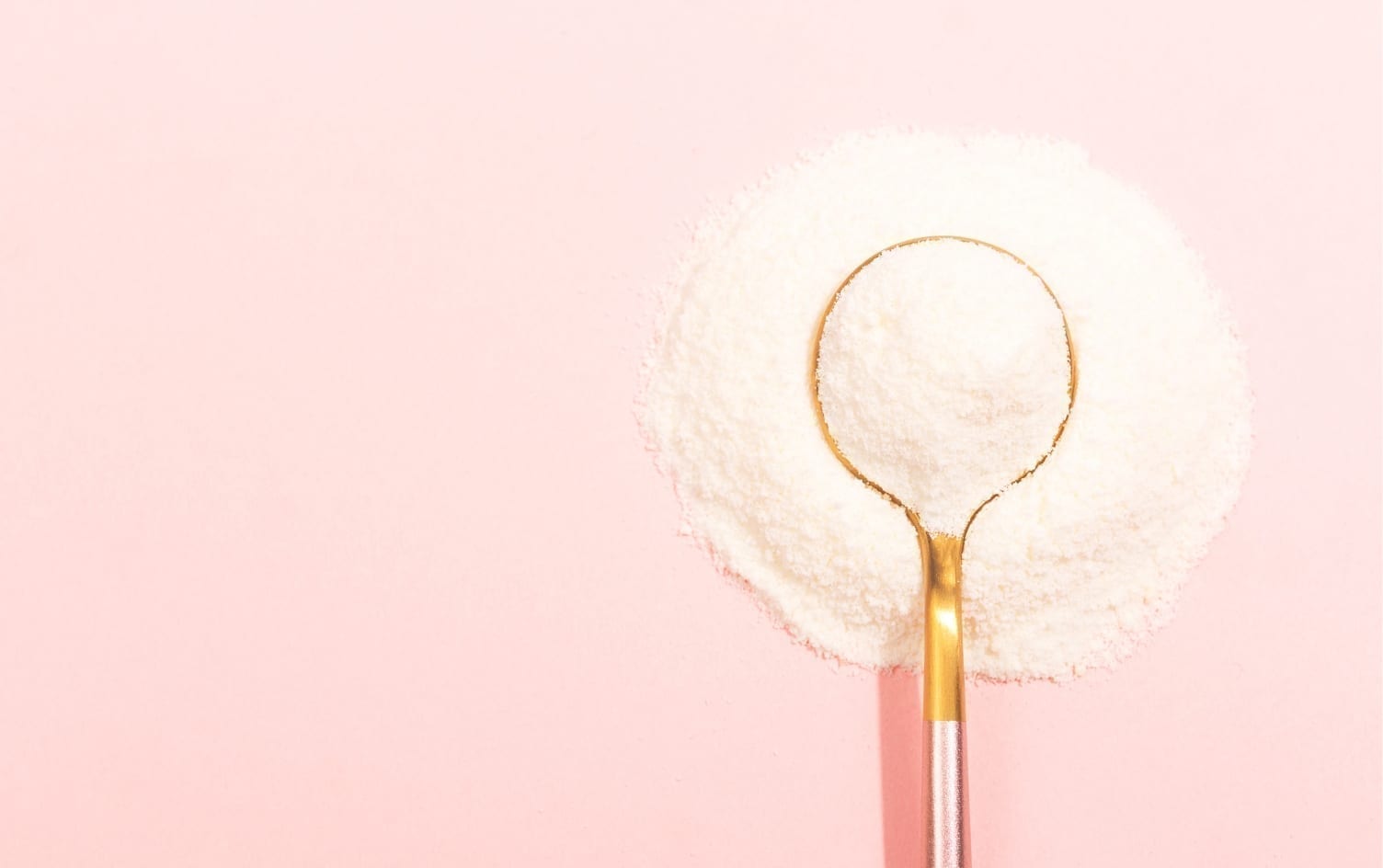
No longer just the secret to reverse-aging and disappearing wrinkles, collagen is now being consumed to improve joint pain, prevent bone loss, expedite post-injury recovery, promote hair and nail growth, boost muscle mass and even improve heart health.
You can think of collagen as an essential protein or “building block” of the body. It’s found in bones, muscles, tendons, ligaments, blood vessels and even the lining of the digestive tract. It makes skin elastic and stretchy and is used to bind and build stronger bones.
However, collagen naturally decreases as you get older, which can cause wrinkles, stiff muscles, arthritis, joint pain and digestive issues. As a result, many people are now turning to collagen-enriched foods like bone broth and powdered supplements to mitigate these effects.
Here’s what’s important to keep in mind:
THE SCIENCE
Many preliminary studies show positive benefits from consuming extra collagen including less joint pain in athletes and people with osteoarthritis, improved skin elasticity and stronger nails. However, it’s important to note this research is still in the early stages and studies are limited in data. We don’t yet know what type of collagen is best to consume, nor how much.
As with many trending products, the heavily marketed ‘health’ claims and benefits on labels, ads and websites exceed the hard evidence, and there is no consensus in the scientific literature on the appropriate daily dosage to consume in any form.
A WELL-BALANCED DIET IS IMPORTANT
In order for your body to produce collagen most efficiently, it’s important to consume a balanced diet, rich in high-quality proteins and amino acids. That’s because the body makes collagen naturally by combining amino acids from a variety of protein-rich foods like beef, fish, beans, chicken and eggs. The body also needs vitamin C (found in citrus, red peppers, tomatoes and dark leafy greens) as well as zinc and copper (minerals found in whole grains, shellfish, meat and leafy greens) to produce collagen.
OTHER FACTORS PLAY A ROLE
Lifestyle factors like smoking and excessive exposure to UV rays decrease collagen production even further. Similarly, diets high in refined sugars promote the production of molecules that damage collagen and elastin, another protein fiber that keeps skin elastic and taut.
NOT ALL COLLAGEN IS THE SAME
You can find dozens of types of collagen available for consumption ranging from hydrolyzed collagen (or collagen peptides), various types of bone broth (in powdered, liquid and capsule form), to synthetic collagen (in skin creams) and natural sources like gelatin, egg whites and spirulina. What’s more, plant-based collagens don’t actually contain collagen; instead they contain a mixture of amino acids, vitamins and minerals that claim to support the production of collagen.
THE BOTTOM LINE
It’s a good idea to eat a diet rich in high-quality protein to naturally support collagen growth and overall health. There’s no harm in trying a collagen supplement or sipping bone broth to see whether or not your body benefits from the extra boost. But since the research is still early, it’s not known whether expensive collagen supplements are more effective than whole foods.
Since most supplements aren’t regulated by the FDA, if you choose this route, look for a stamp of credibility from either NSF Certified Dietary Supplements or USP, who test for safety in these types of products. Remember lifestyle factors (including sun exposure, smoking, sugar intake) play an important role, too.




